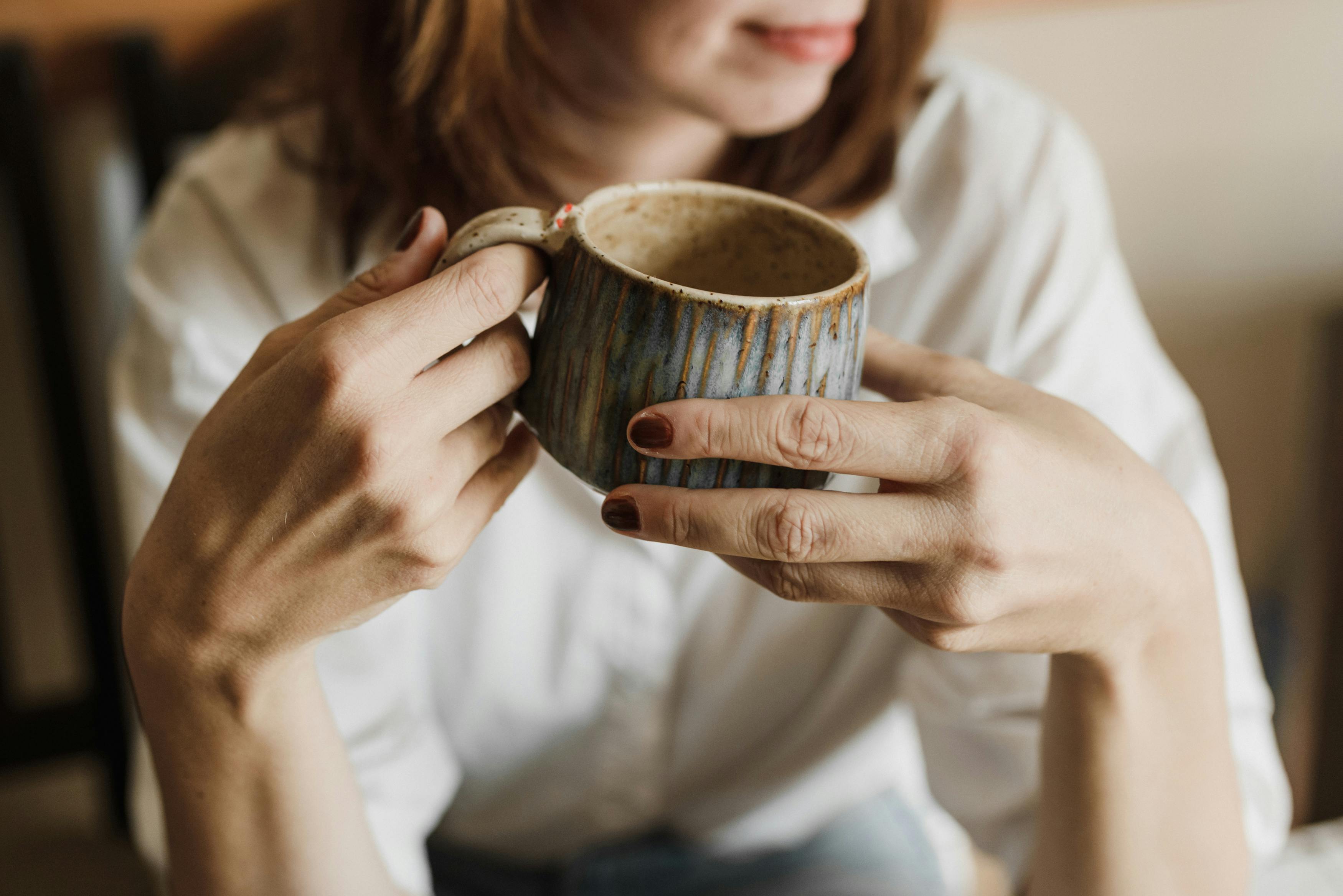Is Your Diet Making You Anxious?: 6 Foods You Never Knew Were Affecting Your Mood
In today's fast-paced world, anxiety has become a common affliction, affecting millions globally. While numerous factors contribute to this mental health condition, an often-overlooked aspect is diet. The foods we consume can significantly impact our mood and mental well-being, sometimes exacerbating feelings of anxiety without us even realizing it. This article delves into the subtle yet profound connection between diet and anxiety, exploring how certain foods—often considered harmless or even healthy—might be contributing to your stress levels. By understanding these connections, you can make more informed dietary choices that support not just physical health, but mental wellness as well.
1. The Sugar Rollercoaster

Sugar is a ubiquitous part of many diets, hidden in everything from sauces to snacks. Consuming high amounts of sugar can lead to a rollercoaster of blood sugar spikes and crashes, which can exacerbate feelings of anxiety. When blood sugar levels drop, the body releases stress hormones like cortisol and adrenaline to stabilize it, which can create a sense of panic or unease. Moreover, high sugar intake has been linked to inflammation, which is increasingly being studied for its role in mental health disorders. Reducing sugar consumption can help stabilize mood and reduce anxiety, making it a crucial consideration for those looking to manage their mental health through diet.
2. The Caffeine Conundrum

Caffeine is cherished for its ability to boost alertness and productivity, but it can also be a double-edged sword. While moderate caffeine consumption can be part of a balanced diet, excessive intake can lead to heightened anxiety. Caffeine stimulates the central nervous system, increasing heart rate and triggering the release of adrenaline, which can mimic anxiety symptoms. For those prone to anxiety, this can exacerbate their condition. Additionally, caffeine can interfere with sleep, leading to sleep deprivation—a known contributor to anxiety. Understanding your personal tolerance and limiting caffeine intake can help mitigate these effects.
